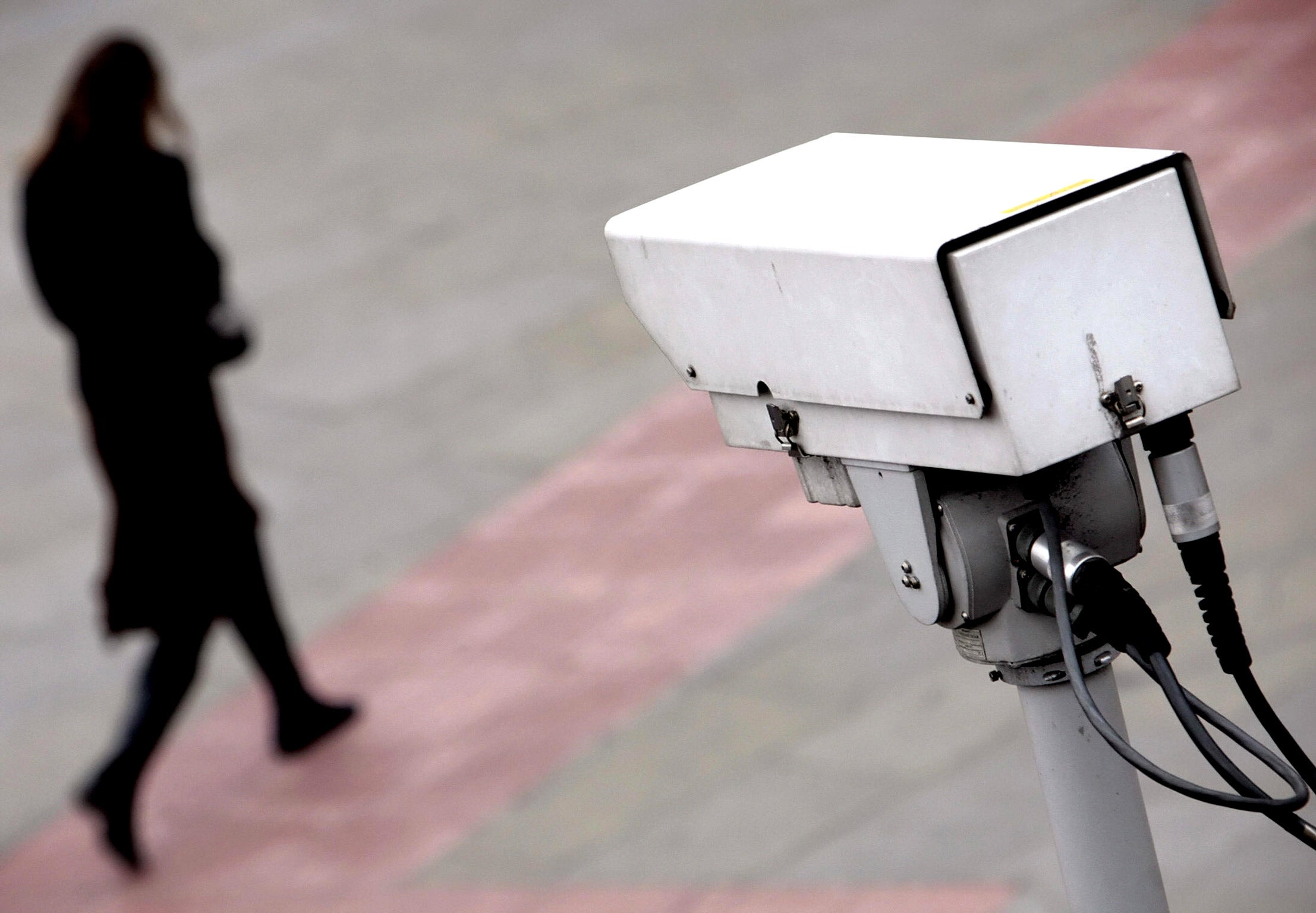Home Office introduces CCTV code to ensure 'surveillance by consent'
New 12-point Code Of Conduct a 'step in the right direction' but lacks the penalties for proper enforcement say privacy groups

The UK Home Office has introduced a new code of conduct for the use of CCTV to “encourage transparency in their use” and ensure that the UK embraces “surveillance by consent.”
The government sates that the code has been specifically developed “to address concerns over the potential for abuse or misuse of surveillance by the state in public places”.
The new 12-point guide also aims to “ensure public bodies such as local authorities and the police consider whether they are proportionate before erecting new cameras.”
Also applicable to number plate recognition systems (ANPR), the guidelines specify that use of CCTV must be “in pursuit of a legitimate aim” and “necessary to meet a pressing need”.
The latter point refers to Article 8 of the European Charter of Human Rights: “Everyone has the right to respect for his private and family life, his home and his correspondence.”
Minister for Criminal Information Lord Taylor of Holbeach said that CCTV and ANPR were “vital tools” and that the new code “will better harness these technologies and help put an end to CCTV systems growing without proper oversight.”
An official statement from Nick Pickles, director of the privacy and civil liberties campaign group Big Brother Watch described the changes as “a step in the right direction towards bringing proper oversight to the millions of cameras that capture our movements every day” but criticised the code for not introducing penalties and only covering a “small fraction” of cameras.
“The regulator needs real powers to enforce the rules and the code should apply to every CCTV camera, irrespective of who is operating it,” said Mr Pickles. “We have already seen cases of cameras in school toilets, neighbours involving the police because of cameras on private property and concerns about new marketing technology tracking number plates, yet the code would not apply in any of these situations.”
The full 25 page .pdf outlining the code can be read here, or see below for a summary of the 12 core points:
Surveillance Camera Code of Practice
Use of close circuit television (CCTV) and number plate recognition systems (ANPR) must:
- always be for a specified purpose in pursuit of a legitimate aim and necessary to meet an identified pressing need
- take into account its effect on individuals and their privacy
- have as much transparency as possible, including a published contact point for access to information and complaints.
- include responsibility and accountability for all uses, images, and information
- be preceded by rules that are communicated to all who use surveillance camera system
- store no more images and information than strictly required. Such images and information should be deleted once their purposes have been discharged
- restrict access to retained images and information with clearly defined rules on who can see this information and why such access is granted
- be undertaken by individuals with approved operational, technical and competency standards
- safeguarded appropriate security measures to defend against unauthorised access and use
- overseen by effective review and audit mechanisms to ensure legal requirements, policies and standards are complied with
- must used in the most effective way to support public safety and law enforcement with the aim of processing images and information
- ensure that any information used to support a surveillance camera system which compares against a reference database for matching purposes should be accurate and kept up to date.
Subscribe to Independent Premium to bookmark this article
Want to bookmark your favourite articles and stories to read or reference later? Start your Independent Premium subscription today.

Join our commenting forum
Join thought-provoking conversations, follow other Independent readers and see their replies